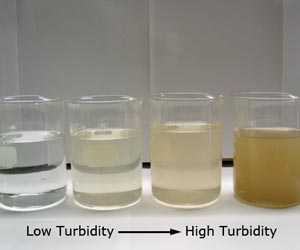
knave
nāv/
noun
archaic
noun: knave; plural noun: knaves
-
a dishonest or unscrupulous man.
-
another term for jack1 in cards.
-
Origin
Old English cnafa ‘boy, servant’; related to German Knabe ‘boy.’



| synonyms: | impulsive, rash, hasty, overhasty, reckless, heedless, careless, foolhardy, bullheaded, headstrong, incautious, imprudent, injudicious, ill-considered, unthought-out;
“an impetuous decision”
|
| antonyms: | considered, cautious |
| synonyms: | torrential, powerful, forceful, vigorous, violent, raging, relentless, uncontrolled; More |
| antonyms: | sluggish |